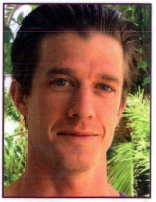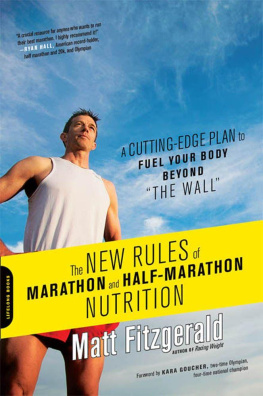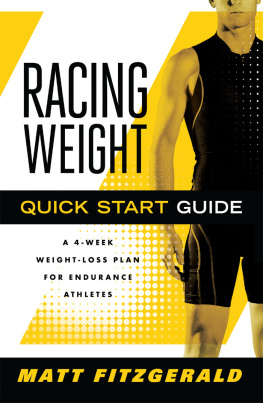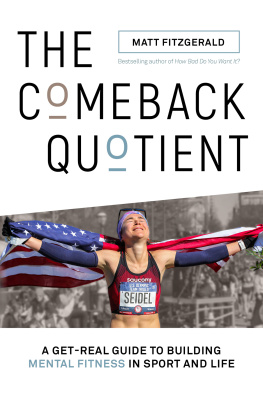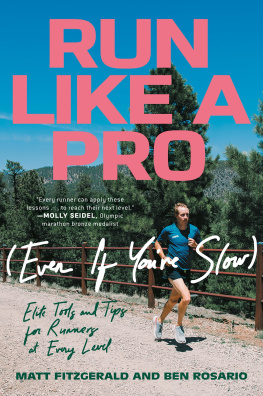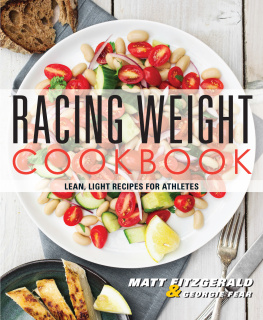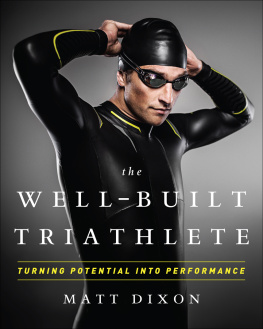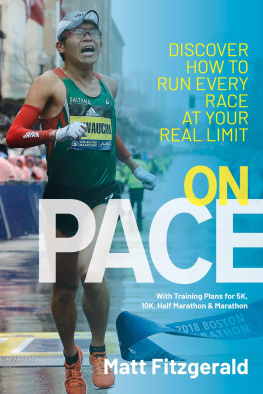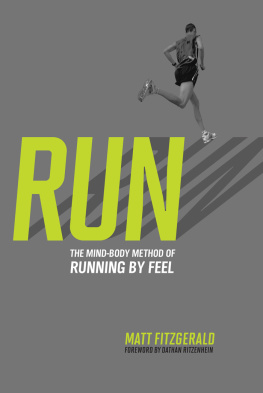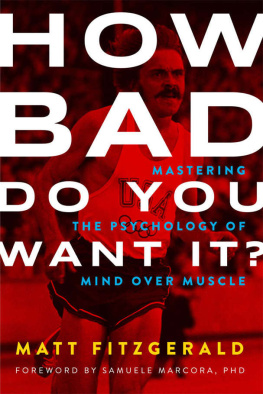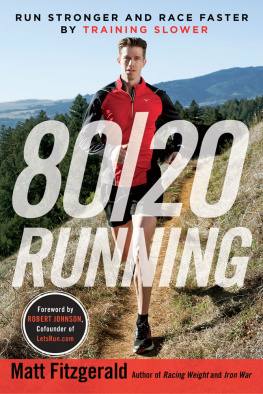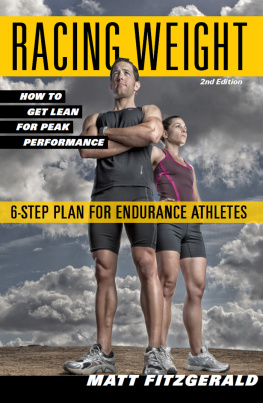Matt Fitzgerald - How Bad Do You Want it?: Mastering the Psychology of Mind Over Muscle
Here you can read online Matt Fitzgerald - How Bad Do You Want it?: Mastering the Psychology of Mind Over Muscle full text of the book (entire story) in english for free. Download pdf and epub, get meaning, cover and reviews about this ebook. year: 2016, publisher: Aurum Press, genre: History. Description of the work, (preface) as well as reviews are available. Best literature library LitArk.com created for fans of good reading and offers a wide selection of genres:
Romance novel
Science fiction
Adventure
Detective
Science
History
Home and family
Prose
Art
Politics
Computer
Non-fiction
Religion
Business
Children
Humor
Choose a favorite category and find really read worthwhile books. Enjoy immersion in the world of imagination, feel the emotions of the characters or learn something new for yourself, make an fascinating discovery.

- Book:How Bad Do You Want it?: Mastering the Psychology of Mind Over Muscle
- Author:
- Publisher:Aurum Press
- Genre:
- Year:2016
- Rating:4 / 5
- Favourites:Add to favourites
- Your mark:
How Bad Do You Want it?: Mastering the Psychology of Mind Over Muscle: summary, description and annotation
We offer to read an annotation, description, summary or preface (depends on what the author of the book "How Bad Do You Want it?: Mastering the Psychology of Mind Over Muscle" wrote himself). If you haven't found the necessary information about the book — write in the comments, we will try to find it.
The greatest athletic performances spring from the mind, not the body. Elite athletes have known this for decades and now science is learning why its true. In his fascinating new book How Bad Do You Want It?, coach Matt Fitzgerald examines more than a dozen pivotal races to discover the surprising ways elite athletes strengthen their mental toughness.
Fitzgerald puts you into the pulse-pounding action of more than a dozen epic races from running, cycling, triathlon, XTERRA, and rowing with thrilling race reports and revealing post-race interviews with the elites. Their own words reinforce what the research has found: strong mental fitness lets us approach our true physical limits, giving us an edge over physically stronger competitors. Each chapter explores the how and why of an elite athletes transformative moment, revealing powerful new psychobiological principles you can practice to flex your own mental fitness.
The new psychobiological model of endurance performance shows that the most important question in endurance sports is: how bad do you want it? Fitzgeralds fascinating book will forever change how you answer this question and show you how to master the psychology of mind over muscle. These lessons will help you push back your limits and uncover your full potential.
How Bad Do You Want It? reveals new psychobiological findings including:
- Mental toughness determines how close you can get to your physical limit.
- Bracing yourself for a tough race or workout can boost performance by 15% or more.
- Champions have learned how to give more of what they have.
- The only way to improve performance is by altering how you perceive effort.
- Choking under pressure is a form of self-consciousness.
- Your attitude in daily life is the same one you bring to sports.
- Theres no such thing as going as fast as you canonly going faster than before.
- The fastest racecourse is the one with the loudest spectators.
- Faith in your training is as important as the training itself.
Athletes featured in How Bad Do You Want It?: Sammy Wanjiru, Jenny Simpson, Greg LeMond, Siri Lindley, Willie Stewart, Cadel Evans, Nathan Cohen and Joe Sullivan, Paula Newby-Fraser, Ryan Vail, Thomas Voeckler, Ned Overend, Steve Prefontaine, and last of all John The Penguin Bingham
Matt Fitzgerald: author's other books
Who wrote How Bad Do You Want it?: Mastering the Psychology of Mind Over Muscle? Find out the surname, the name of the author of the book and a list of all author's works by series.

